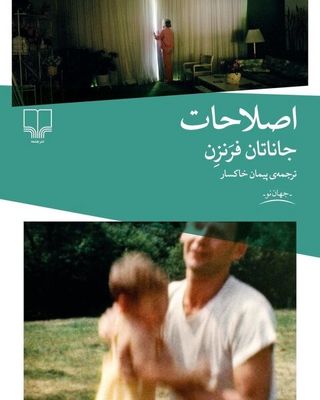It revolves around the troubles of an elderly Midwestern couple and their three adult children, tracing their lives from the mid-20th century to “one last Christmas” together near the turn of the millennium.
This immense work of 21st-century American social criticism has been variously hailed as “the Bleak House of the digital age” and “hysterical realism,” a sub-genre of postmodern fiction, defined by “chronic length, frenzied action, manic characters and a tendency to digress into other topics not central to the story.”
The novel does exhibit these characteristics—exploring the dark corners of numerous issues, from globalization, the pharmaceutical industry, and economic colonization to the state of Central Europe and 21st-century university life—but its appealing, intellectual style brings warmth and humanity to its epic tale of the dysfunctional Lambert family and their attempt to meet for one last family Christmas.
The novel was awarded the National Book Award in 2001 and the James Tait Black Memorial Prize in 2002.
“The Corrections” was published to wide acclaim from literary critics for its characterization and prose.
While the novel’s release preceded the September 11 terrorist attacks by ten days, many have interpreted “The Corrections” as having prescient insight into the major concerns and general mood of post-9/11 American life, and it has been listed in multiple publications as one of the greatest novels of the 21st century.
Source:Tehran Times

